Organizers of the Eurovision Song Contest on Tuesday postponed a vote on whether to ban Israel from participating in next year’s competition. The European Broadcasting Union (EBU), which oversees Eurovision, said it would delay its decision until its winter general assembly on Dec. 4, citing “the need for open and in-person discussion” in light of “recent developments in the Middle East.”
Israel and Hamas moved ahead on a key first step of the tenuous Gaza ceasefire agreement by freeing hostages and detainees on Monday. Many obstacles remain to a lasting peace — including whether Israel will pull its military entirely out of Gaza, whether Hamas will disarm and who will govern Gaza — but the peace plan may already be shifting the debate around calls to ban and boycott culture coming out of Israel.
The decision to postpone the Eurovision vote comes as other cultural and media organizations that have endorsed or considered boycotts of Israeli institutions face growing scrutiny and potential legal challenges. This week, the advocacy group U.K. Lawyers for Israel sent a letter warning studios, broadcasters and agencies that participation in a film-industry boycott could constitute a violation of British law under the Equality Act, which outlaws discrimination on the basis of nationality or religion. The letter, first reported by Variety, was sent to the BBC, ITV, Film4 and the U.K. headquarters of Netflix, Disney, Apple, Amazon Studios and Warner Bros. Discovery, as well as U.K. entertainment unions including Bectu and Equity, talent agencies Curtis Brown and United Agents and film bodies such as Pact and the BFI. In the U.S., the Louis D. Brandeis Center for Human Rights Under Law sent out a similar letter earlier this month, arguing that the cultural boycott initiated by the group Film Workers for Palestine violates federal and state civil-rights statutes.
Since its launch in September, the Film Workers for Palestine (FWP) campaign has attracted more than 5,000 signatories, including actors and directors such as Emma Stone, Olivia Colman, Yorgos Lanthimos, Mark Ruffalo, Tilda Swinton and Ayo Edebiri, who have pledged not to work with Israeli film institutions “implicated in genocide and apartheid.” Supporters say the boycott is a form of nonviolent protest and not discriminatory because it targets institutions, not individuals.
Like other cultural boycotts of Israel, the Film Workers for Palestine pledge and the proposed Eurovision ban are premised on the idea that certain Israeli institutions have been complicit in Israel’s military actions in Gaza. Hamas and other groups led the terrorist attacks on Israel on Oct. 7, 2023, killing around 1,200 people, taking 251 hostages and sparking the Gaza war. UN investigators last month determined that Israel’s military response — which has killed more than 68,000 people in Gaza and has involved the blocking of aid and the destruction of schools, hospitals and a fertility clinic — was carried out with the “intent to destroy the Palestinians” in the territory and meets the legal definition of “genocide.” Israel is also fighting allegations at the International Court of Justice of committing genocide in Gaza. Israel has denied the claims.
Film Workers for Palestine, at least, has no plans to stop its campaign. “We share in the relief of Palestinians in Gaza that Israel’s relentless slaughter may be coming to an end,” a FWP spokesperson told The Hollywood Reporter, responding via email. “However, its genocide continues, since Israel has systematically destroyed the necessary conditions for sustaining life. Hospitals, basic services, water treatment and food production have been utterly decimated, which means the genocide will not end with a ceasefire, nor does this ceasefire bring about justice or accountability.”
The boycott, the spokesperson added, “would only cease to be relevant once Israel’s illegal occupation and apartheid in Palestine has been dismantled and the necessary conditions to sustain life have been restored, as required by international law.”
Within Israel, filmmakers argue that they are the wrong targets for such sanctions. The country’s film industry, they say, has been one of the most outspoken critics of the Netanyahu government and its conduct in Gaza.
“If you oppose Netanyahu’s Israeli government, targeting us is like shooting yourself in the leg,” says Israeli documentary filmmaker Michal Weits. “We are the voice of the progressive community in Israel.” At this year’s Ophir Awards, Israel’s top film honor, Weits was one of several filmmakers who posed on the red carpet in a black T-shirt with the message “a child is a child,” protesting the war in Gaza.
“I am quite proud, really, that this year our members nominated three films for best picture [Shai Carmeli-Pollak’s The Sea, Nadav Lapid’s Yes and Natali Braun’s Oxygen] that were critical of the war and the government,” says Assaf Amir, the chair of the Israeli Academy of Film and Television, which presents the Ophir Awards.
But inside Israel, the film community has come under fire from its own government. After Shai Carmeli-Pollak’s The Sea — a film about a Palestinian boy from Ramallah who braves Israeli security checkpoints in an effort to reach the seaside in Tel Aviv — won the Ophir Award for best picture, Israeli Culture Minister Miki Zohar denounced the ceremony as “a disgrace” and pledged to cut its funding.

The Sea
Courtesy of the Israeli Film Fund
“Under my watch,” he said, “Israeli citizens will not pay for a ceremony that spits in the faces of our heroic soldiers.” Zohar has announced plans for an alternative, state-backed “Israeli Film Awards,” which will award cash prizes totaling one million shekels (around $300,000) for films in 10 categories. The government has put out a call for nominations to be submitted by Oct. 30. Zohar initially called the alternative awards the Israeli “Oscar” but has dropped that title, perhaps due to copyright concerns. Whether or not the alternative awards take place, The Sea, as this year’s Ophir best picture winner, will represent Israel in next year’s Academy Awards in the best international feature category.
The impact of individual protests and boycotts is difficult to measure, but Israeli producers and filmmakers agree that calls to isolate the Israeli industry have been broadly successful. International co-productions and financing have collapsed. Film distributors and foreign TV networks are increasingly wary of buying Israeli shows. Film festivals have stopped inviting Israeli directors. On Oct. 8, more than 600 Dutch and Belgian organizations and cultural institutions, including the leading documentary film festival, the International Documentary Film Festival Amsterdam (IDFA), endorsed a pledge supporting a cultural boycott of Israel. Contacted by THR following the Gaza ceasefire, an IDFA spokesperson said the festival was sticking to its pledge. IDFA’s 2025 lineup, announced Oct. 14, included several Palestinian co-productions but not a single Israeli film.
“It’s become impossible to get support from outside the country,” says Danna Stern, an Israeli TV producer now based in Berlin, whose credits include the Netflix comedy Bros and the award-winning series On the Spectrum. Stern hopes things will change now that the bombs have stopped falling on Gaza. “[The Gaza ceasefire] is an opportunity to embark on a new peaceful chapter for the region,” she says, “and for that you need all sides and all voices engaged and at the table. This applies to our industry and our creative voices and visions.”
Weits is also hopeful that the peace process, if it holds, will lead to a renewed engagement with the international film community, rather than continued isolation.
“We are here and we aren’t going anywhere,” she says, of Israel’s progressive film community. “Peace will come eventually. It may take a year, it may take 50 years, but it will come. And when it does, you will need both the Palestinian voices and the Israeli voices. Together.”
Israeli film academy chair Assaf Amir is less optimistic. “Obviously, we’re in a better position [if] the war has ended, but even that is too early to know,” he wrote THR in an email following the ceasefire. “[But] I think it will take more than just a ceasefire to change people’s minds.”
For now, the peace plan’s durability remains uncertain. But after two years of bloodshed, boycotts and bitter division, the ceasefire offers at least one thing that has been in short supply — a moment to talk without bombs falling overhead.

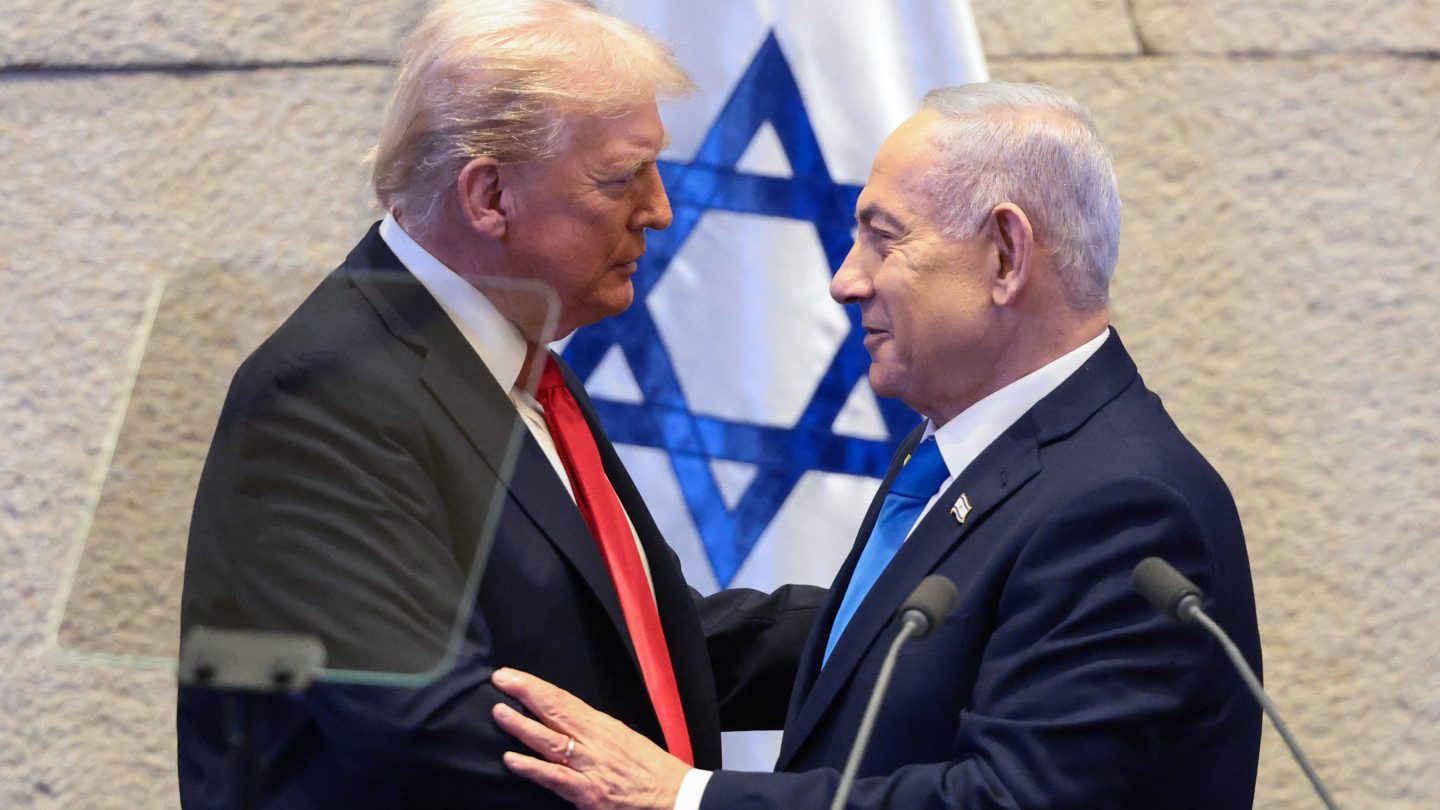
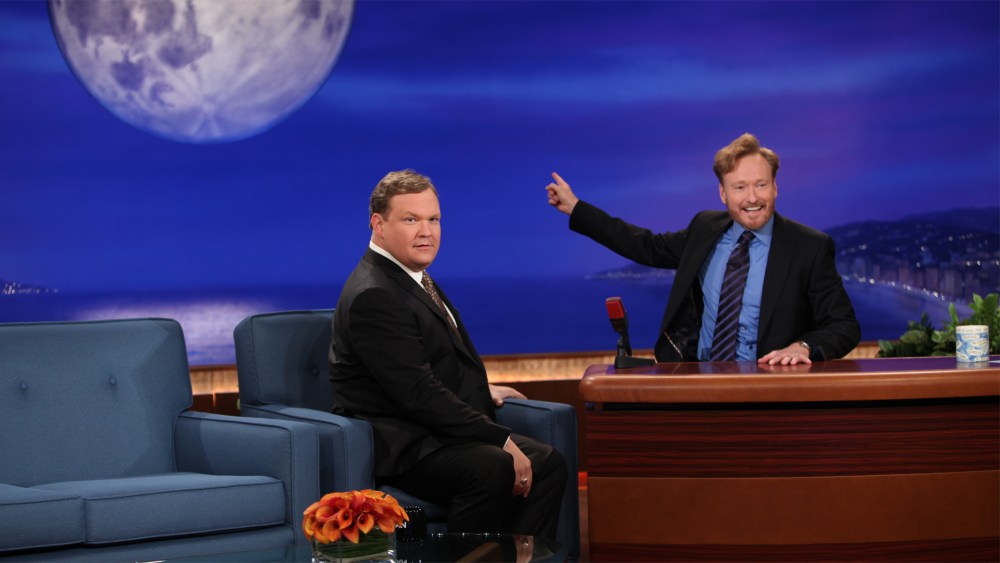

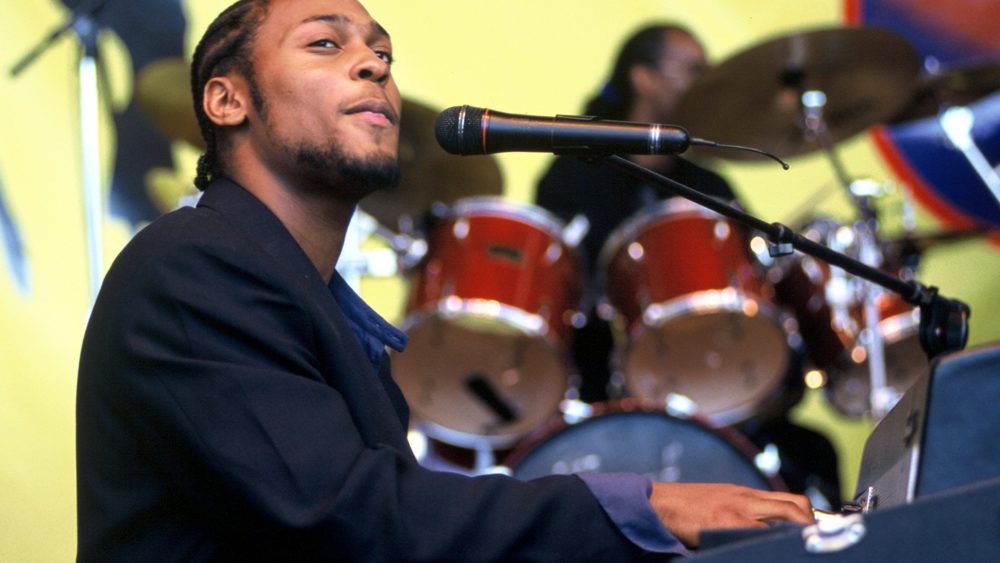
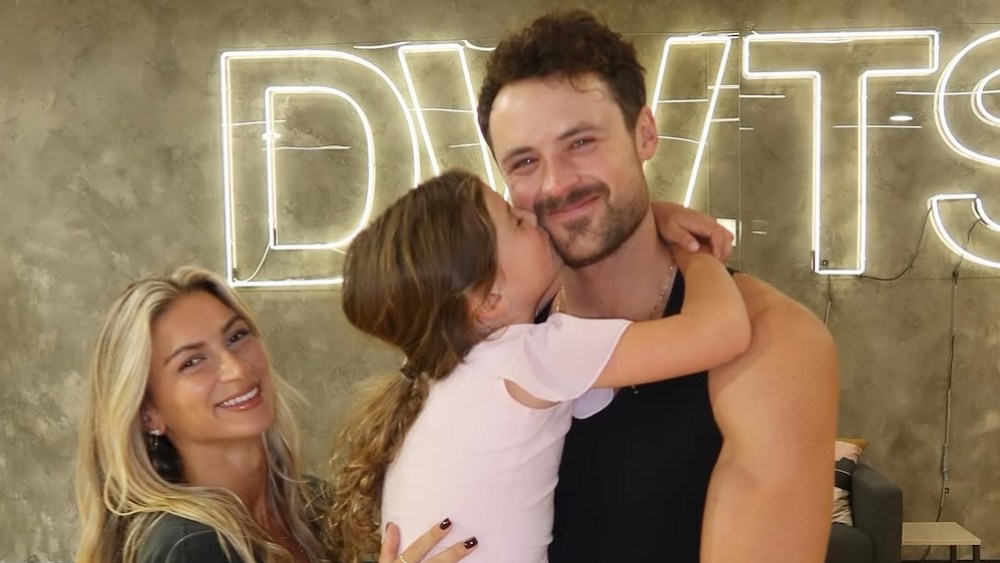
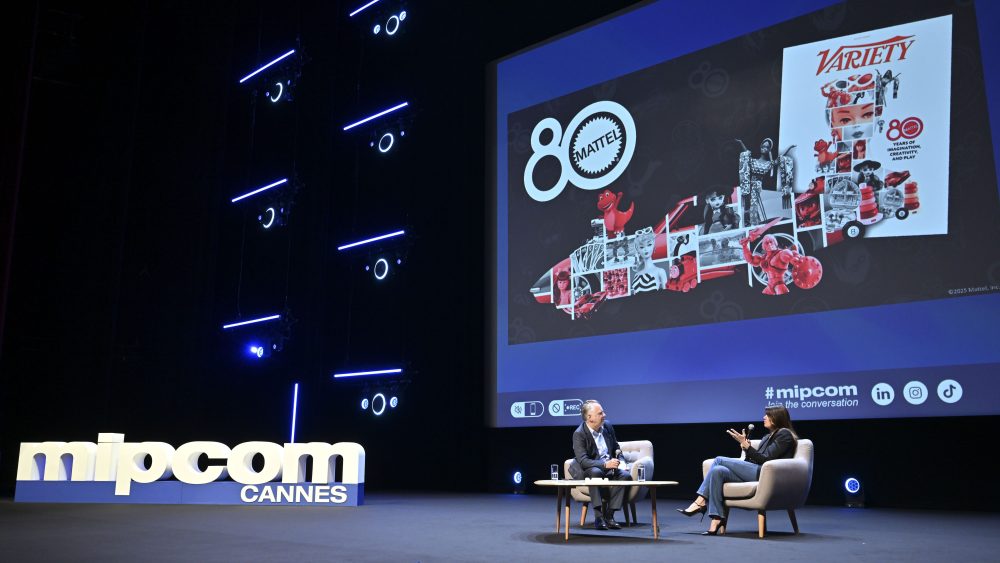
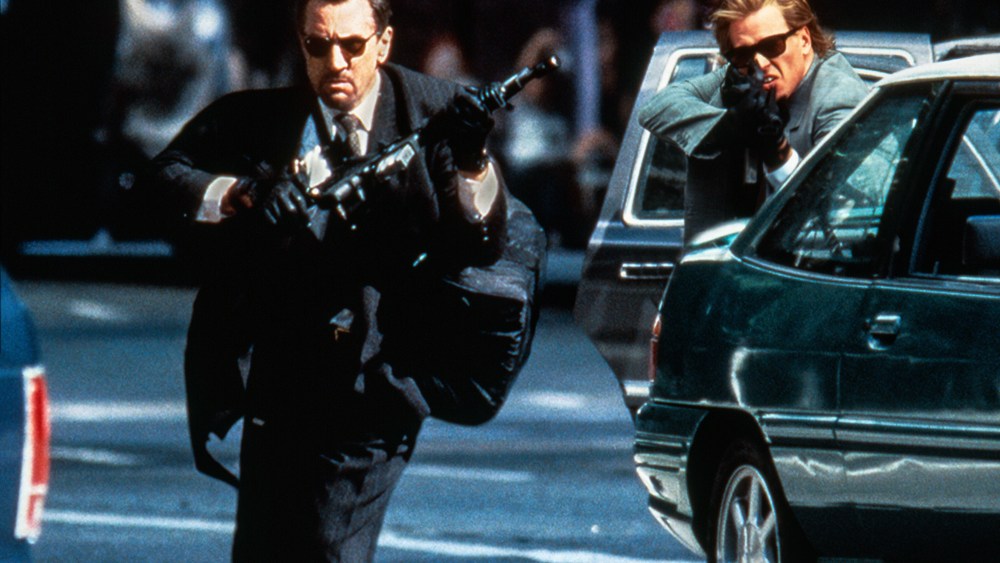
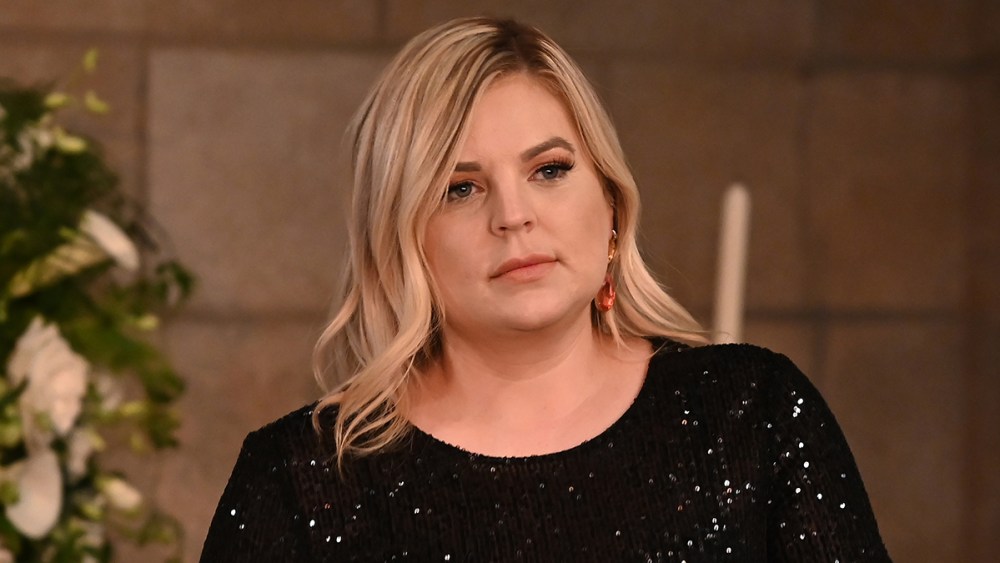






Leave a Reply